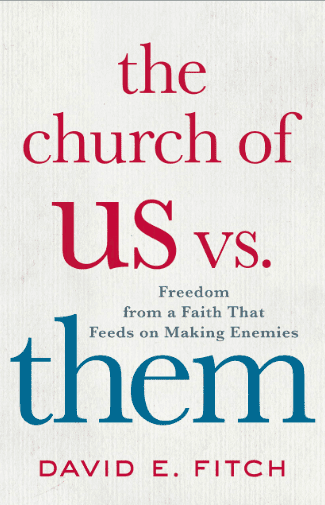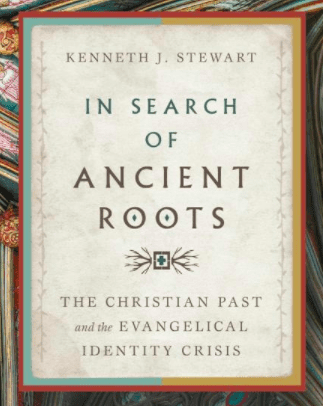Another good post from my friend Roger Olson:
There is an ethos, or at least environment, about fundamentalism that breaks somewhat from a theological sketch of it (as Roger provides here), and that ethos is what I call “zealotry” (here and here). That is, a desire to be so committed to God that one constructs ideas and rules and other elements that go beyond the Bible but are taken to be critical elements of the true faith. So I would add “zealotry” to Roger’s list of the criteria of fundamentalism, and perhaps he’d say it is woven into his list.
So here are my (notice I say “my!”) criteria:
1) If a person (or organization) is a theologically conservative Protestant Christian (by which I mean embracing classically orthodox Protestant doctrines such as the deity of Christ, the Trinity, the inspiration of Scripture, salvation by grace through faith, etc.) and on principle declines to have Christian fellowship with anyone who has Christian fellowship with persons of questionable doctrinal commitments (“secondary separation”), he is probably a fundamentalist.
2) If a person (I’ll skip the rest that came before the “and” in the first criterion above from here on) believes that belief in biblical inerrancy in all matters, including history and cosmology, is a cardinal tenet of Christian faith, she is probably a fundamentalist.
3) If a person believes that the Authorized Version (KJV) is the only acceptable English translation of the Bible, he is probably a fundamentalist.
4) If a person believes premillennial eschatology (and especially “pre-tribulational rapturism”) and young earth creationism are crucial Christian beliefs, “fundamentals of the faith,” she is probably a fundamentalist.
5) If a person believes that America is “God’s nation” in an exclusive way (of other nations, tribes and peoples) such that America is, as a nation, part of God’s salvation history and plan of redemption, he is probably a fundamentalist. (In Great Britain this would apply to belief about that nation such as “British Israelism.”)
6) If a person believes that the Bible ought to be the basis of an entire educational curriculum, including studies of science, philosophy, psychology, etc., she is probably a fundamentalist. (To put this negatively: If a person does not believe truth can exist outside a Bible-based research project, that “all truth is God’s truth,” even that discovered by non-Christians, she is probably a fundamentalist.)
7) If a person believes that Catholics cannot be Christians and/or Calvinists or non-Calvinists cannot be evangelicals (etc.), he is probably, at least in some respects, a fundamentalist.
These are not absolute litmus tests. It’s theoretically possible that a person might hold most of these beliefs and, for some unforeseen reason (a fluke) not be a fundamentalist. Normally, a fundamentalist embraces all or most of these beliefs. Holding one alone does not make him or her a fundamentalist. As I explain below, “fundamentalism” is an ideal type, not an all-or-nothing template. And, these (above) are my criteria, based on years of studying fundamentalism.











